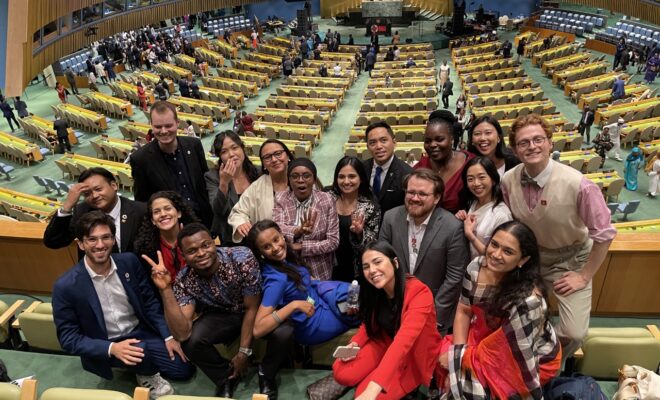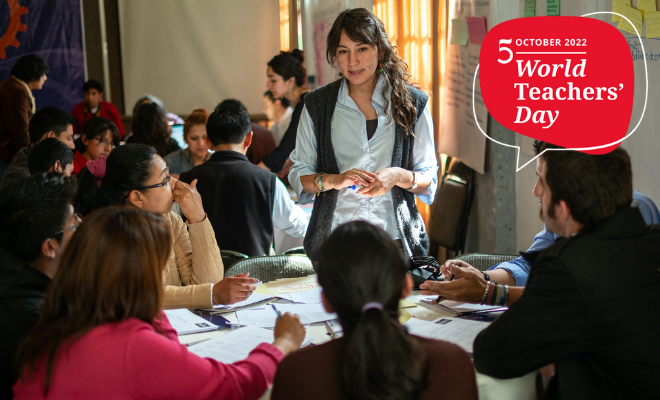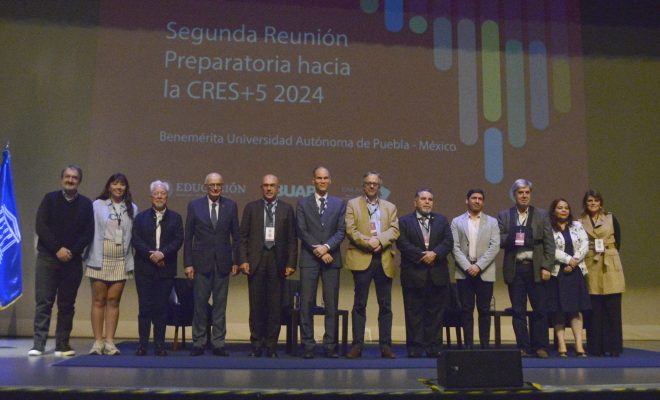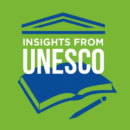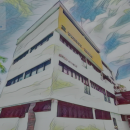[Video] Testimonials on gratuitousness in HE // CIN
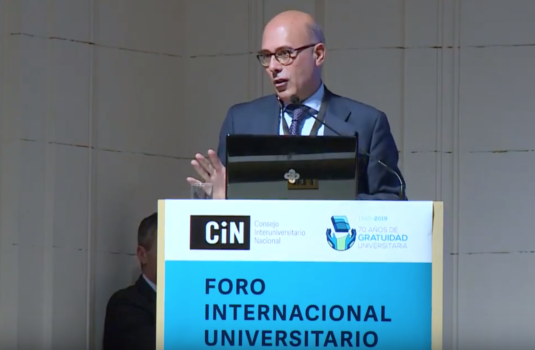

Within the framework of the “International University Forum: Seventy years after gratuity in university higher education. Tribute and teachings ”, held on September 9 and 10, 2019, in Buenos Aires, Argentina, the Consejo Interuniversitario Nacional CIN (Interuniversity Council) interviewed members of the regional and international academic community.
Francesc Pedró, director of the UNESCO International Institute for Higher Education in Latin America and the Caribbean (IESALC), took the opportunity to congratulate the efforts of some countries to guarantee equal opportunities in higher education (HE): “Gratuity is just an open door that must be crossed to guarantee the right to quality higher education”. For the IESALC director IESALC, gratuity must be complemented with other measures that guarantee the academic permanence of the students.
“When policies on gratuity are implemented, access to HE increases considerably. In my opinion, there is no better political response than gratuity and I hope we can continue to celebrate it since the effect has been very positive for equal opportunities in higher education”, concluded Pedró.
RELATED ITEMS
